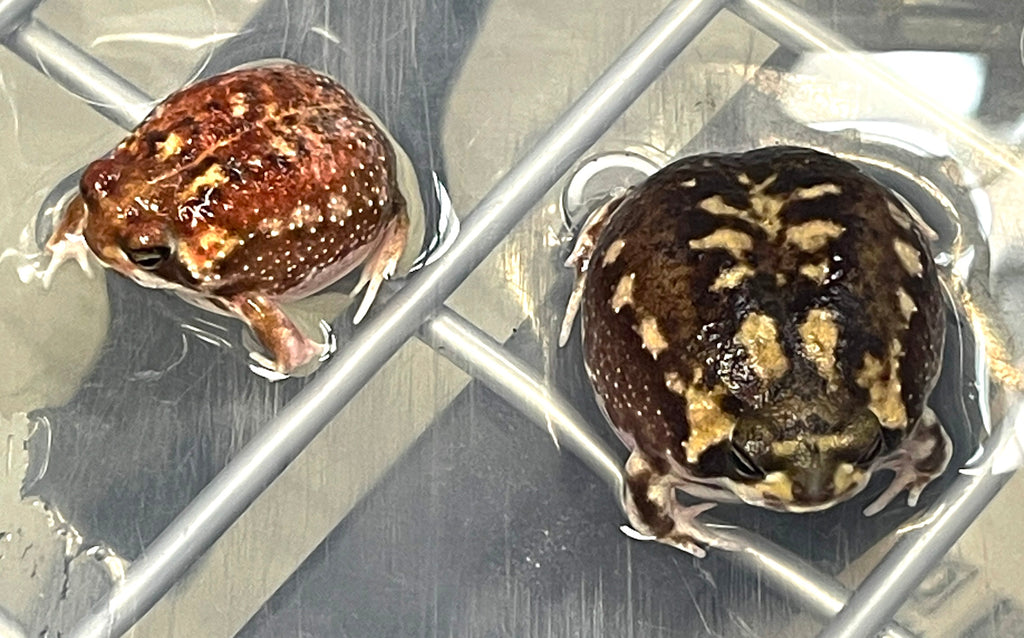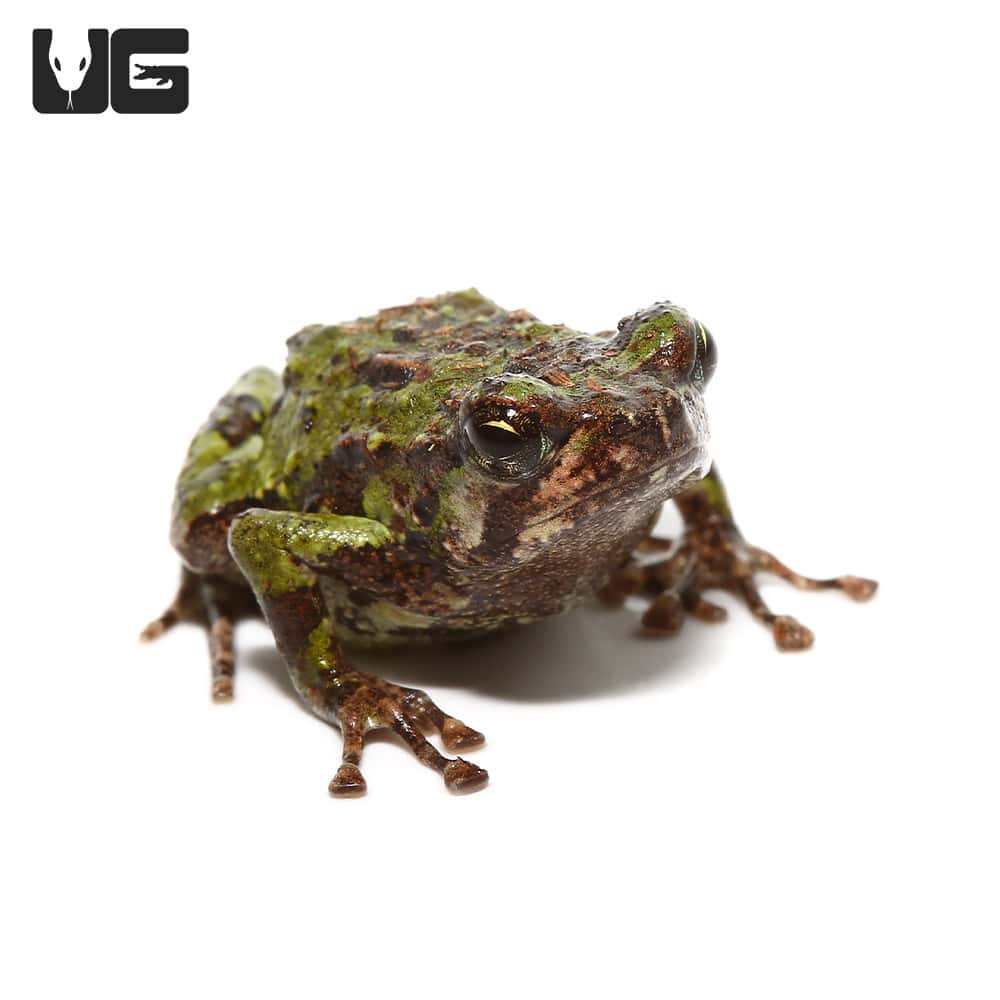Common Health Issues in Reptiles: Signs And Symptoms and Solutions
In the complex globe of reptile care, understanding the typical health and wellness problems that might influence these one-of-a-kind animals is critical in guaranteeing their health. Whether it's grappling with parasitic infestations, navigating dehydration issues, or attending to skin ailments that show up in refined methods, being attuned to the symptoms and outfitted with the expertise of efficient options is necessary for any type of reptile owner.
Respiratory System Infections
Breathing infections in reptiles can considerably influence their general health and wellness and require punctual attention from experienced veterinarians. In reptiles, breathing infections can be specifically testing to detect and treat due to their special composition and physiology.
Treatment for respiratory infections in reptiles usually involves a mix of encouraging treatment, such as maintaining appropriate humidity levels and temperature slopes in the unit, as well as targeted drug to address the details microorganism liable for the infection. It is crucial for reptile owners to monitor their family pets closely for any type of indications of breathing distress and look for veterinary treatment at the earliest indication of a problem. With timely treatment and appropriate treatment, numerous reptiles can recuperate completely from breathing infections and return to normal activities.

Metabolic Bone Illness
What variables add to the growth of Metabolic Bone Illness in reptiles?
Metabolic Bone Condition (MBD) in reptiles is largely triggered by a lack of correct calcium, phosphorus, and vitamin D3 levels in their diet regimen. Additionally, poor direct exposure to UVB light stops reptiles from synthesizing vitamin D3, which is critical for calcium absorption and bone health and wellness.
Various other adding elements to MBD consist of improper temperature level slopes within the reptile's environment, leading to decreased metabolic rate and damaged calcium absorption. Inadequate moisture degrees can also affect a reptile's capacity to metabolize calcium successfully. Certain reptile varieties have certain nutritional needs that, if not met, can boost the probability of creating MBD. Routine veterinary check-ups, correct husbandry methods, and a well balanced diet regimen are important to stop Metabolic Bone Disease in reptiles.
Parasitical Problems
Parasitical problems position a significant health threat to reptiles, impacting their overall well-being and needing prompt veterinary interest. Reptiles can be affected by numerous bloodsuckers, including mites, ticks, inner worms, and protozoa. These parasites can cause a variety of symptoms, such as weight loss, sleepiness, skin irritation, diarrhea, and even death if left without treatment.
One typical parasite discovered in reptiles is the mite, which can trigger skin tension, irritation, and anemia. Ticks are an additional external bloodsucker that can transmit diseases and trigger pain to the reptile. Internal bloodsuckers like worms and protozoa can bring about digestive issues, malnutrition, and deteriorate the reptile's body immune system.
To diagnose a parasitic infestation, a vet may execute fecal examinations, skin scrapings, or blood examinations. Treatment commonly involves deworming medications, antiparasitic bathrooms, or in severe instances, a hospital stay. Preventative actions such as normal veterinary exams, correct hygiene, and quarantine procedures for new reptiles can help lessen the threat of parasitical invasions and guarantee the wellness of reptile family pets.
Dehydration and Hydration Issues
Dehydration in reptiles can significantly affect their health and wellness, requiring prompt intervention and suitable hydration administration. If left without treatment, dehydration can lead to significant health and wellness problems and even be fatal to the reptile.
To avoid dehydration, reptile owners ought to ensure that their family pets have accessibility to clean water in all times. The water recipe must be large enough for the reptile to soak in if required, especially for species that absorb water via their skin. Furthermore, preserving appropriate humidity degrees in the reptile's room and offering blog here routine bathrooms can helpful resources assist stop dehydration.
In cases of dehydration, it is critical to seek vet care without delay. A vet may carry out liquids either orally or via injections to rehydrate the reptile. It is important to deal with the underlying source of dehydration to avoid reoccurrence and make certain the reptile's general wellness.
Skin Disorders

Verdict

Respiratory infections in reptiles can considerably influence their general health and need prompt focus from skilled vets (rain frog for sale). Preventative steps such as regular veterinary exams, appropriate hygiene, and quarantine treatments for brand-new reptiles can aid reduce the danger of parasitic infestations and ensure the wellness of reptile animals
If left neglected, dehydration can lead to severe wellness problems and even be fatal to the reptile.
On a regular basis checking your reptile for any kind of modifications in skin appearance, shade, or structure can aid in very early have a peek here detection and treatment of skin disorders, advertising the general wellness and well-being of your scaly buddy. - rain frog for sale
In final thought, reptiles are vulnerable to various health and wellness concerns such as respiratory system infections, metabolic bone illness, parasitical problems, dehydration, and skin disorders.